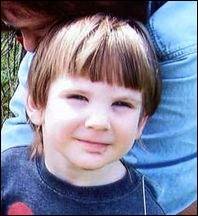Lightin’ It Up to Treat Autism
In the “It's funny, because it's true” Category, I was made aware of this. It seems that the book “Recovering Autistic Children”, edited by Stephen M. Edelson, Ph.D. and Bernard Rimland lets us know about “up-to-the-minute information from ARI's acclaimed Defeat Autism Now! (DAN!) Project”. And is complete with information on “new sections including Hyperbaric Oxygen Treatment (HBOT); clinical use of Methyl B12; Specific Carbohydrate Diet; Low-Dose Naltrexone; Chelation; Medical Marijuana to control aggression; and much more!”
Oh man, who is going to say it?


